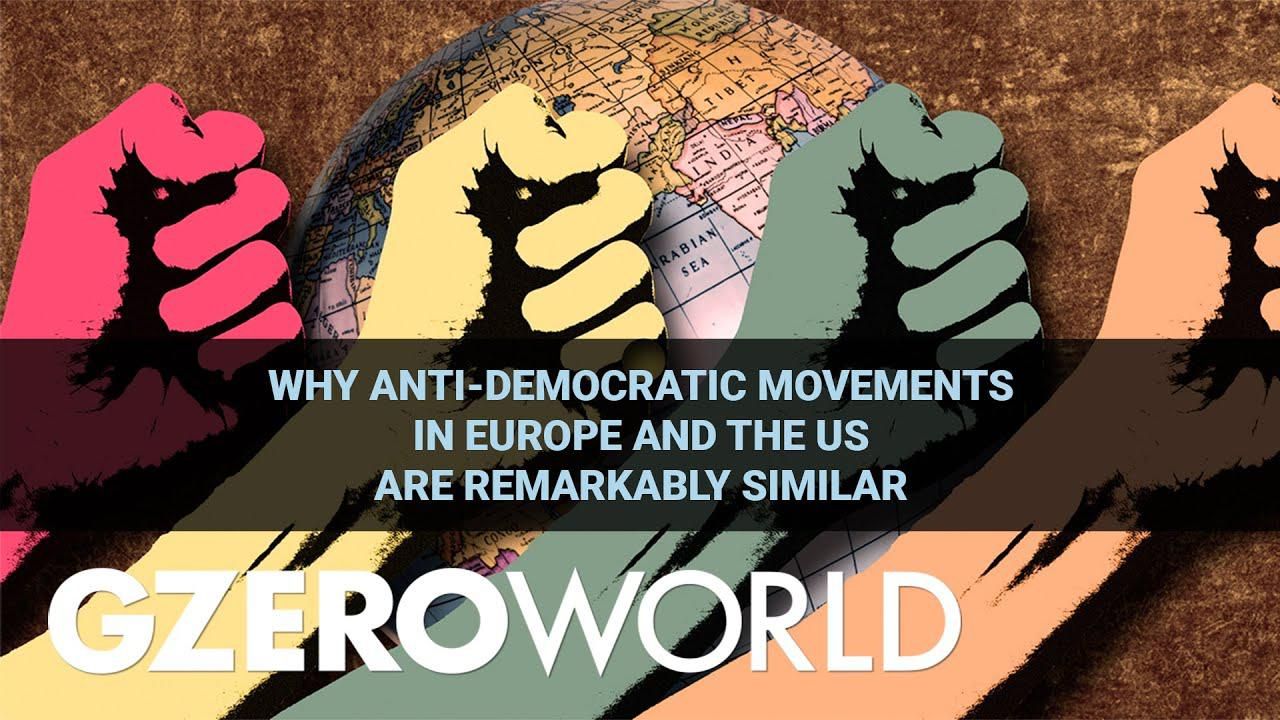GZERO World Clips
Why anti-democratic movements in Europe and the US are remarkably similar

Why Anti-Democratic Movements in Europe and the US Are Remarkably Similar | GZERO World

Political movements that promote authoritarian leaders and anti-democratic governments have gained significant ground in Eastern Europe in the past twenty years. And according to Pulitzer Prize-winning journalist Anne Applebaum, it's a trend that goes beyond that specific region. "This will sound very bizarre, but the trajectory of events and the nature of political debate in Poland is amazingly similar to the United States, the kinds of arguments that people make, the, the level of polarization… you can see this impulse to destroy and undermine the institutions of democracy everywhere." What is the appeal of such movements and what has the pandemic done to expand their influence?
Applebaum and Ian Bremmer take on those questions on GZERO World, which began airing on US public television stations nationwide on Friday, March 5. Check local listings.
Watch the episode: Authoritarianism's Enduring Appeal: Anne Applebaum Discusses
With close ties to both the US and China, can Singapore survive in an increasingly fragmented and chaotic world? Singapore’s President Tharman Shanmugaratnam joins Ian Bremmer on the GZERO World Podcast.
Think you know what's going on around the world? Here's your chance to prove it.
This week, Prime Minister Keir Starmer became the first UK leader to visit China in eight years. His goal was clear: build closer trade ties with Beijing.